Mary Pipher, a “baby boomer” born in 1947, wrote Writing to Change The World, a book I continue to dip into. Turns out, I was born in 1947 too. Mary was born in the Missouri Ozarks in the United States and I was born in North Bay, Ontario, Canada.
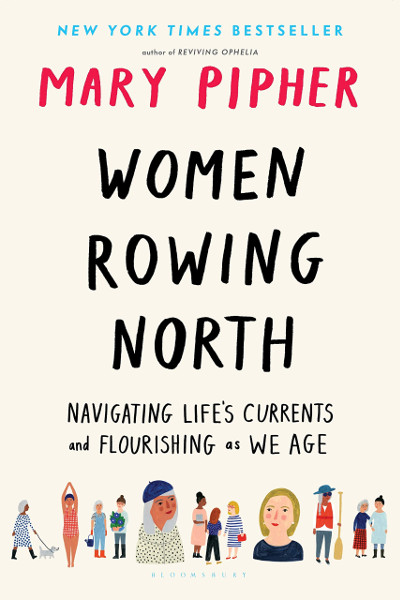 Women Rowing North: Navigating Life’s Currents and Flourishing as We Age (Bloomsbury, 2019) is Mary’s latest book and is for women transitioning from middle age to old age. There can be a tendency to think about what she didn’t cover when it comes to women aging but the book has been written as if seamlessly, blending Mary’s own story with the stories of the women she interviewed and with some facts, figures and pertinent quotes from poets and writers. And if your story is missing, I say, it’s time to write it!
Women Rowing North: Navigating Life’s Currents and Flourishing as We Age (Bloomsbury, 2019) is Mary’s latest book and is for women transitioning from middle age to old age. There can be a tendency to think about what she didn’t cover when it comes to women aging but the book has been written as if seamlessly, blending Mary’s own story with the stories of the women she interviewed and with some facts, figures and pertinent quotes from poets and writers. And if your story is missing, I say, it’s time to write it!
The focus of the book is on women, who like Mary “are on the cusp of change.” She turned seventy when she was writing the book. “Women in their sixties and early seventies are crossing a border and everything interesting happens at borders,” she writes.
Women were interviewed from all over the United States “from many different educational, economic, and cultural backgrounds.” They aren’t identified by race. As Mary notes, “Women our age vary by race, cultural background, employment, socioeconomic status, geographic region, and sexual preferences. Likewise, we range from women who are full-time caregivers to those who have no such responsibilities.”
Many women’s stories are told or combined and there is a focus on four women called Willow, Kestrel, Emma and Sylvia.
Mary has learned that she needs constant “reminders to be present and grateful.” That’s the case for most of us and as she has realized: “The process, rather than a perfect outcome is what makes me happy.” Studies have shown that “most women become increasingly happy after age fifty-five, with their peak of happiness toward the very end of life.” That wouldn’t necessarily be the case for a woman whose income has diminished or health has deteriorated or whose beloved, long-term partner has just passed on. But we do tend to step into our own autonomy as we age.
“Happiness,” Mary says, “depends on how we deal with what we are given.
In a chapter entitled “A New Stretch of the River,” Mary says: “For many of us, a combination of suffering and happiness is what defines this life stage and fuels our growth – we can describe ourselves as living in ‘both/and’ terms. Suffering gives us empathy, while happiness gives us hope and energy. The contradictions of this life stage make it a portal for expanding our souls.”
Mary says for old women, “ageism may be an even more serious challenge than aging. Our sexuality is mocked, out bodies are derided, and our voices are silenced.” While some women are reclaiming the term “crone” to acknowledge empowerment, “the population at large does not value crones.”
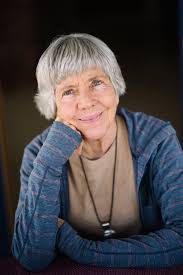 For the last thirty years, Mary has worked on manuscripts for six to eight hours a day. One of her ailments is “badly damaged and almost worn out” hands. She was surprised at her rage one day when she slashed a big X across her face in a postcard for promotional events for Writing to Change the World. “The cover now basically said, Mary Pipher: Not Writing to Change the World.”
For the last thirty years, Mary has worked on manuscripts for six to eight hours a day. One of her ailments is “badly damaged and almost worn out” hands. She was surprised at her rage one day when she slashed a big X across her face in a postcard for promotional events for Writing to Change the World. “The cover now basically said, Mary Pipher: Not Writing to Change the World.”
In “Building a Good Day,” probably my favourite chapter, Mary quotes writer Iris Murdoch who said: “One of the secrets of a happy life is continuous small treats.” Perhaps more people are learning this during times at home during the pandemic, no matter what their age.
“To be happy we need to learn how to structure a day that is rich in meaning and joy-producing activities. How we spend our time defines who we are. There is no magical future. Today is our future.” I’m grateful for various forms of creativity to help me through my day as well as the support of my partner. We don’t see many friends these days and actually even before the pandemic, didn’t schedule too much in a day. As Mary says, “We need space around space. We don’t want too many appointments in one day. We want to move in ways that allow us to be relaxed and content. We can allow ourselves puttering time and hang-out time.”
Some good points are included in this chapter that relate to any age during these pandemic times. “Repetition gives us security, while variation provides zest.” I’m not a fan of repetition although these days I have found that three meals a day at approximately the same time is reassuring.
“Contrasts heighten our sensory awareness.” After sitting at a desk, we can take a walk. If we have been out doing errands and engaging with people (through our masks), we can spend some time alone.
“Subject change” Mary says, “is a good phrase for thinking about contrasts.”
My partner Sarah has received good advice that is: “Take the next easy step. If it’s not easy, it’s not the next step.” As we have various projects on the go, we can move to something else. As Mary says: “If a job is overwhelming, I tell myself, just work on it for an hour a day. Over time I will complete it.” That’s so true. Much gets done, one small step at a time.
Community is very important and Mary stresses that in a chapter called “Creating Community.” There can be too much involvement of course but just enough is very satisfying and one author, David Brooks, wrote that “joining a group that meets once a month produces the same amount of happiness in people as doubling their income does.” Mary says she isn’t sure “this would apply to our poorest citizens, but I can attest that membership in a good group is happiness-producing.”
I love getting together with other women in the Writing Life writing circle that meets weekly (starting again in September) and meeting monthly with women writers at a local bakery – when that is possible again.
And there are the community groups that are taking some sort of social action such as the one Mary Pipher belonged to for eight years to stop the Keystone XL pipeline in her state.
In her chapter, “Crafting Resplendent Narratives,” I made a note of Mary’s words to use with the next Writing Life women’s writing circle:
To rewrite our story, we need effort and imagination. We can access imagination by journaling, painting,music, or art. One of my favorite things about writing is that I get to tell a second story about whatever happens to me. And, in this second story, I can shape events in ways that are more beautiful and happiness-producing. Indeed, what is all art, if not an attempt to tell a better story?
Mary is a psychologist and she says “I tried to help clients create better stories. I asked questions such as, ‘When have you been courageous or stronger than you thought you could be?’ ‘What would your life look like if you were happy and satisfied?’ “
As Mary points out, women may have been sexually, physically, or emotionally abused. Some had parents who “were alcoholics, mentally ill, or physically or emotionally unavailable to us.”
Poet Mary Oliver has been quoted as saying, “It was a very bad childhood for everybody, every member of the household, not just myself, I think. And I escaped it, barely. With years of trouble.”
Mary Pipher gives good advice: “This may be the most important thing – that we learn to grant ourselves mercy. That we forgive ourselves, that we accept our past mistakes, and vulnerability, and somehow manage to love ourselves and our own lives.”
And at the end of the chapter: “We could define wisdom as the capacity to skillfully select our narratives. When we do this, we experience our lives as filled with meaning. Every present-day event resonates with the decades of past events. We can be grateful for everything that led us to the moment we are inhabiting. This is how life becomes sacred. It is hallowed by story.”
I’ve been thinking lately of a Betsy Warland quote in which she said there is a “poem or prose narrative that has sought us out. Chosen us to write it. “ With her quote and the one above in mind by Mary Pipher, I’m in that “both/and” state that Mary refers to: contradictions that make a portal for expanding our souls. And most important, “the moment we are inhabiting.”
We should enjoy our happiness
and offer it to everyone.
Cherish this very moment.
Let go of the stream of distress
and embrace life fully in your arms.
From “Our True Heritage” by Thich Nhat Hanh
in Call Me By My True Names (Parallax Press, 1999)

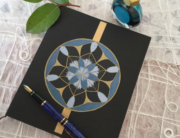
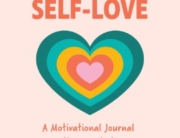
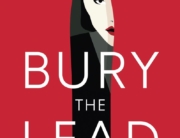
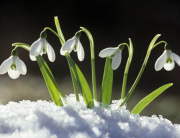

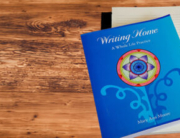
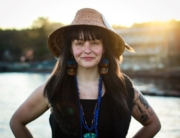
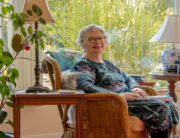


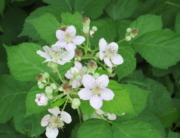
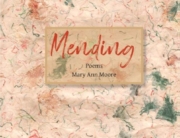
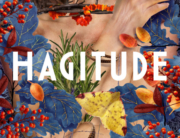
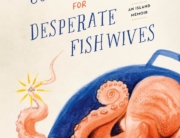


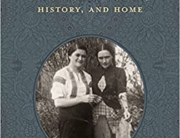
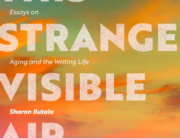

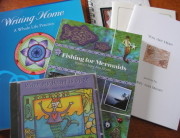
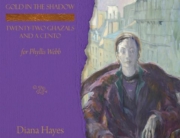
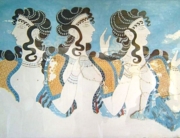
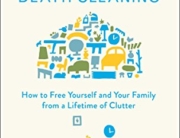
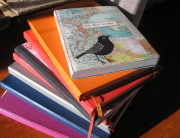
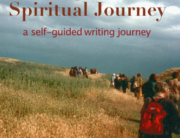
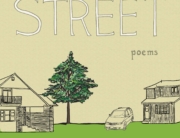

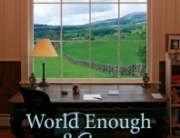

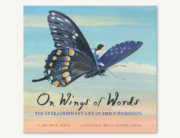
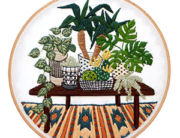
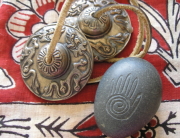
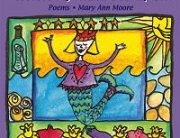
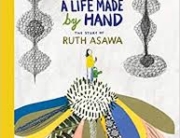
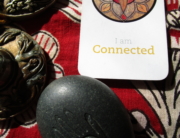


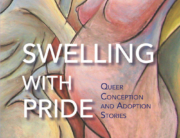

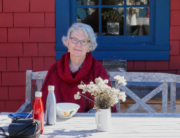

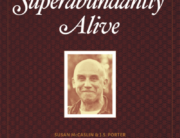
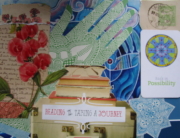
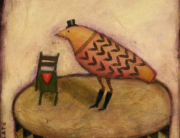


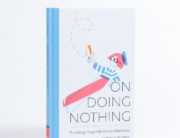


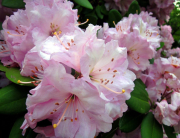
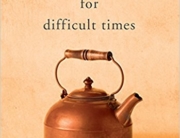
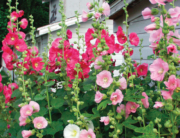
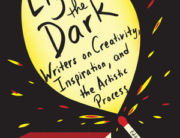
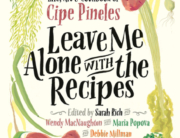
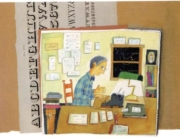
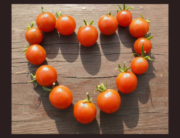
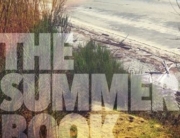


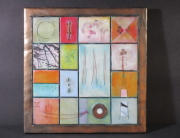
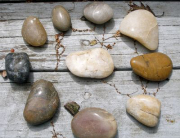
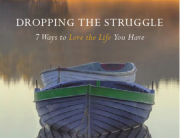
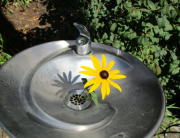
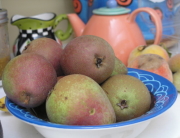




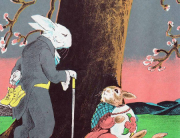
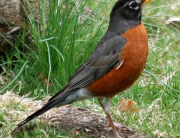





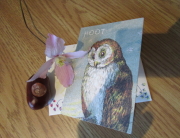
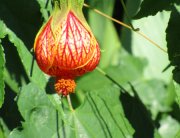
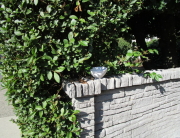
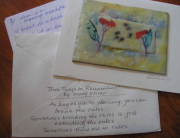

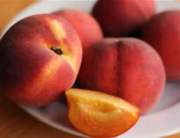
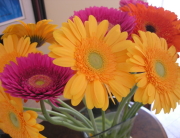

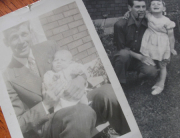
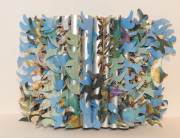



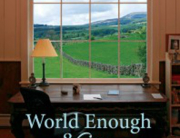
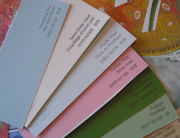



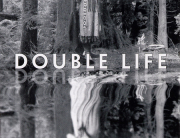

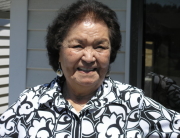
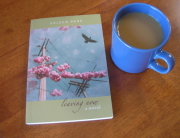

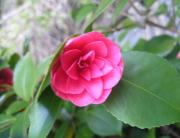

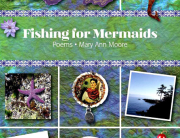
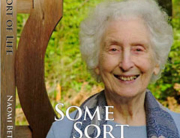

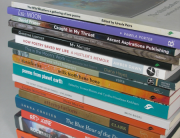

Thank you for this inspiring essay, Mary Ann. I will look for Mary Prophet’s book.
Marlene Dean
My first comment should read Mary Pipher but my phone sometimes edits and changes things. Thanks for pointing that out Mary Ann.
Marlene Dean
Absolutely brilliant.
Thank-you and Bless you,
I am so glad you were born a woman.-x Ann-x